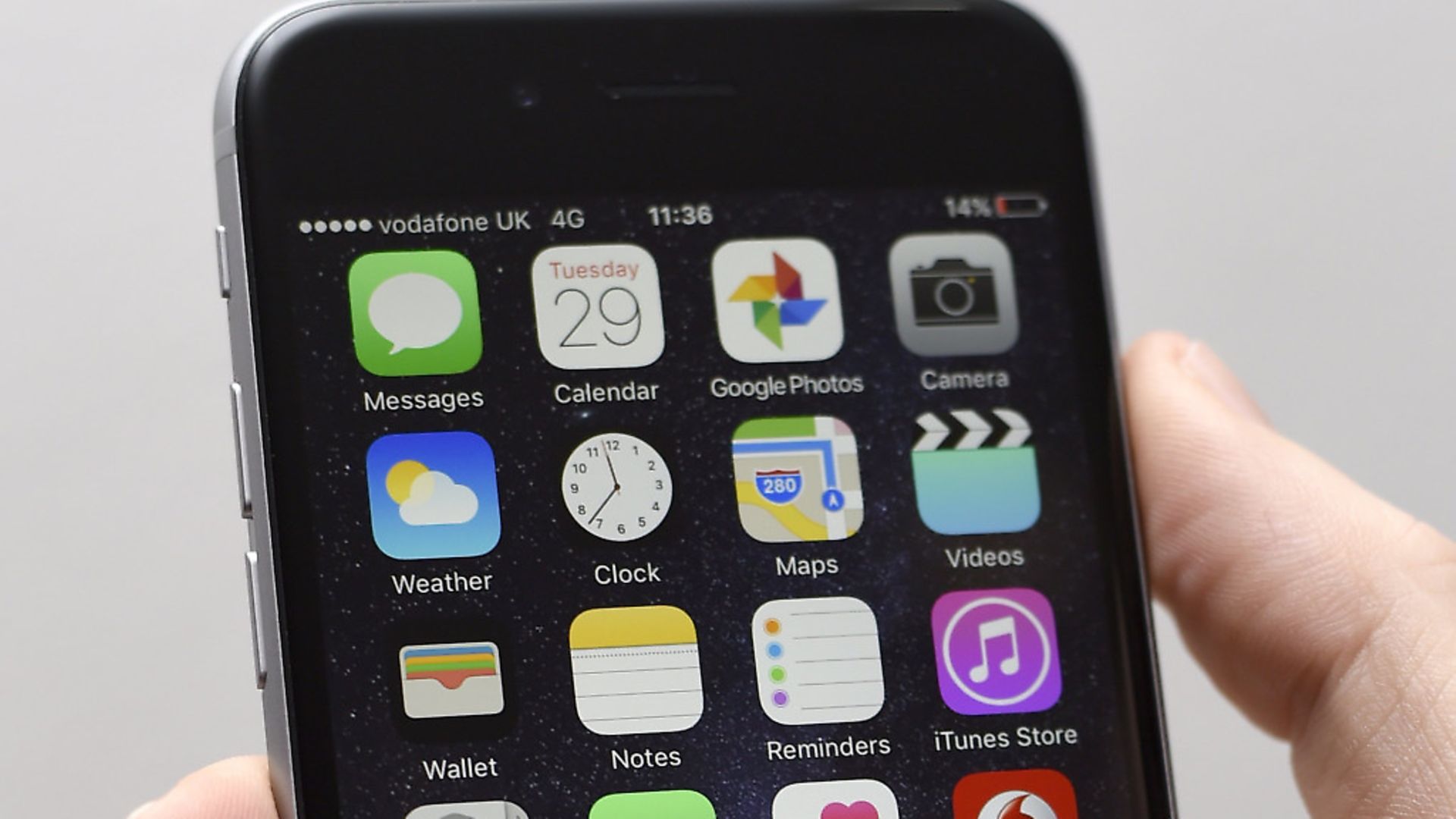
The return of exorbitant fees for using your phone abroad is yet another reason we need to think again on Brexit, says NINA DE AYALA PARKER
Among the many things threatened by Brexit is one which seems to have escaped wider attention. And it is one which should resonate particularly strongly among the young… the return of roaming charges for using phones abroad.
Yes, my fellow millennials, we could say au revoir, arrivederci and auf wiedersehen to all those Instagram live videos we send back from our trips to Europe. Don’t ever let anyone tell you politics makes no difference to your lives. First there was Brexit. And now, thanks to Theresa May, a little subsidiary, Dexit. We are leaving the Digital Single Market (DSM). You may never have heard of it, but you are likely to miss it.
The DSM breaks down barriers and makes our lives simpler. As its name suggests, it is the tech equivalent of the single market, allowing free movement of e-commerce and international data within the EU. Under this system, roaming charges were axed by Brussels last June.
However, they could be back after Brexit, following the prime minister’s announcement in her Mansion House speech last month that ‘the UK will not be part of the EU’s Digital Single Market’. Media coverage of that speech focused on wider aspects of the deal the UK is seeking with the EU and did not dwell much on the implications of her announcement over the DSM. But I suspect this is an issue that is going to chime with my generation – although all those travelling overseas are set to suffer. Research from the anti-Brexit Best for Britain group has calculated the financial hit for heavy-use business travellers could be as much as £778 per month.
The possible Dexit impact won’t just be restricted to roaming charges, though. It will also have an impact on the way that tech firms – who rely on access to the DSM – can operate.
‘That’s going to really, really p**s our tech sector off! That completely shafts all those small businesses *right now* who want a base in the UK,’ Mike Galsworthy, founder of scientists4EU, tweeted in reaction to our PM’s bombshell.
Another consequence will be that EU laws designed to prevent retailers’ ‘geo-blocking’ – soon to come into force – will not apply to us. Geo-blocking is the technology which prevents online consumers from one European state accessing and purchasing products or services from another website based in another territory – ending it allows for a true single market in cyberspace. But not for the UK.
In the event of Dexit, we are even likely to lag behind the rest of Europe in terms of our phone connection, in that we will miss out on the EU’s plan to roll out 5G to every member state by 2025. 5G is expected to enable an assortment of new innovative services – bringing ever closer the so-called ‘internet of things’, which which will see objects – from fridges to cars – connected.
There is currently a global race to research and roll-out 5G technology. Industry predicts that by 2022 North America will be winning it, with more than 110 million 5G subscriptions, compared with 20 million in Europe. After Dexit, the UK will find it extremely difficult to keep up with this race.
Of course, the government is offering vague assurances about how the UK will cope in the event of Dexit. The country, standing alone, will be able to respond ‘nimbly’ to the challenges of the digital future, we are told. But how we will do this once we are outside the system designed to eliminate digital regulatory barriers, we are not told. The truth is, without a comprehensive agreement, we are facing a digital cliff edge.
In terms of roaming charges, ministers say that two phone operators – Vodafone and Three – have already committed publicly not to impose roaming charges after Brexit. But everything will depend on the arrangements still to come. A committee of MPs which has studied EU regulations in detail has argued it won’t be possible for mobile operators to avoid reimposing fees, as their operating costs rise sharply, while EU commissioner Günther Oettinger has said that a standalone UK-EU roaming agreement would be in breach of World Trade Organisation rules. Tellingly, the only countries outside the EU that escape roaming charges are those – like Norway and Iceland – which are part of the single market.
This issue is yet another example of why Britain’s future lies in the EU, and why I am campaigning for the youth group, Our Future, Our Choice!
This sort of retrograde step on tech was never on the ballot paper. Sign up to support OFOC! Help us defeat Dexit.
Help us stop Brexit, or at the very least make sure we get the chance to have our say.










